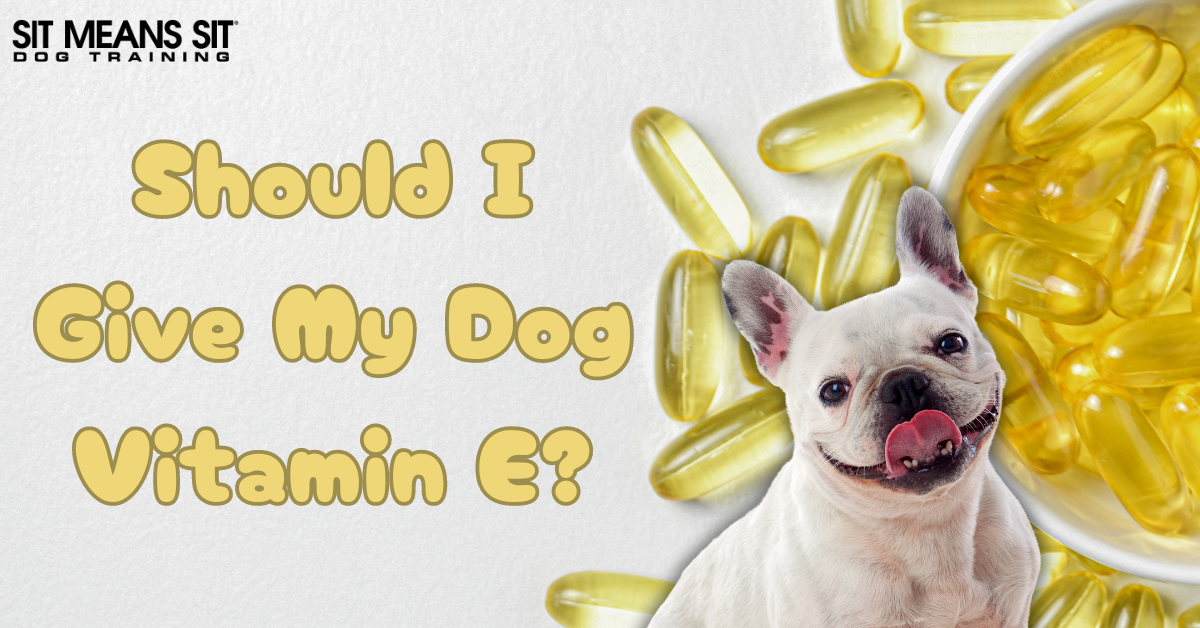
Should I Give My Dog Vitamin E?
Today, let’s dive into the world of vitamins and explore the wonders of Vitamin E for our beloved canine companions. You might have heard about this powerhouse nutrient for humans, but did you know it can also work wonders for your furry friend? Let’s dig in and find out if Vitamin E is a paw-some addition to your pup’s diet!

What Exactly is Vitamin E?
First things first, let’s get acquainted with this superstar nutrient. Vitamin E is a fat-soluble antioxidant that plays a crucial role in maintaining your dog’s overall health. It helps protect cells from damage caused by harmful free radicals, supports immune function, and promotes healthy skin and coat. Talk about a multi-tasking marvel!
Benefits of Vitamin E for Dogs
Now, let’s talk about the paw-some perks of Vitamin E for our canine companions:
- Skin and Coat Health: Vitamin E helps nourish your pup’s skin, keeping it supple and moisturized. It also promotes a shiny, lustrous coat that will turn heads at the dog park!
- Immune Support: By neutralizing free radicals, Vitamin E helps support your dog’s immune system, keeping them happy, healthy, and ready to tackle anything that comes their way.
- Joint Health: Some studies suggest that Vitamin E may have anti-inflammatory properties, making it beneficial for dogs with arthritis or joint issues.
- Heart Health: Vitamin E plays a role in maintaining cardiovascular health, supporting proper circulation and heart function in our furry friends.
Should I Give My Dog Vitamin E?
Ah, the million-dollar question! While Vitamin E can offer many benefits for dogs, it’s essential to approach supplementation cautiously. Most commercial dog foods contain adequate levels of Vitamin E, so additional supplementation is unnecessary unless recommended by your Vet.
Consult Your Vet
As always, when it comes to your pup’s health, it’s crucial to consult your veterinarian before making any dietary changes or adding supplements. They can provide personalized recommendations based on your dog’s age, breed, health status, and nutritional needs.
Check out these related dog blogs for more health tips!
Exploring Effective Dog-Calming Products
